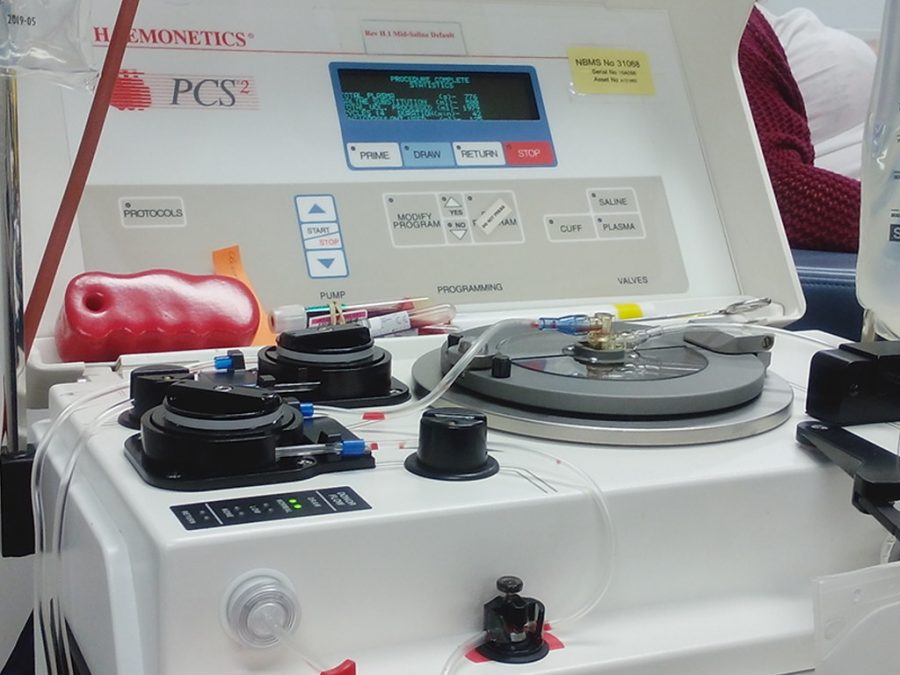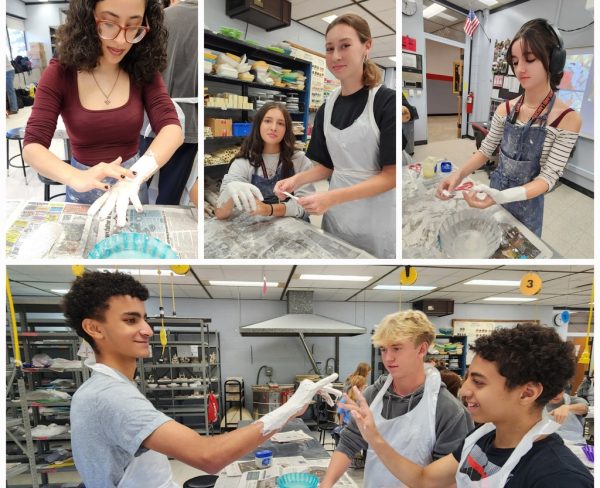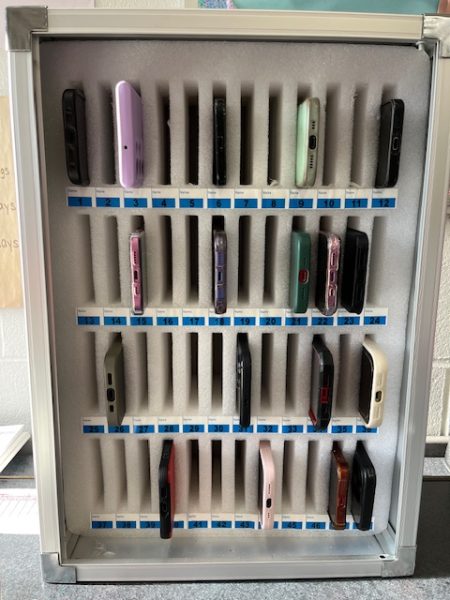Recovering COVID-19 Patients Encouraged to Donate Plasma
Recovering patient’s blood can be used to find a treatment for COVID-19.
Though there is no proven cure for COVID-19, recovering patients have been asked to donate plasma in the fight to find a vaccine.
Plasma, composing 55% of blood, contains water, enzymes, salts, antibodies, and other proteins. It is left behind after other cellular components of blood have been removed. While ill, patients develop antibodies, or proteins that fight against infection. Because of this, there is now a high demand for plasma from recovered COVID-19 patients, in hopes they can be used to find a cure.
A vaccine introduces a dead or weakened antigen into the blood, which then causes the production of antibodies, and strengthens the immune system. Donated plasma can be used to manufacture hyperimmune globulin. Globulins are a group of proteins in your blood that play an important role in fighting infection. Hyperimmune globulin is a group of concentrated immune globulins that have been designed to fight a specific antigen/group of antigens. This can aid COVID-19 patients by strengthening the immune system, in a way comparable to fighting infection.
In order to donate plasma, patients must have had a prior diagnosis documented by laboratory testing, and complete resolution of symptoms for at least 28 days, according to the Red Cross. This is accompanied by the basic age, health, and weight requirements.
Jesse Elliott, a New Orleanian attorney and recovering COVID-19 patient, is trying to donate plasma. In Louisiana, donation is only open to patients who tested positive for the virus while they were infected. While he was not tested during his illness, Elliott told The Ledger he “was able to get the antibody test, which showed that (he) was obviously infected previously.” So, he is patiently waiting out a policy change to accommodate his situation and allow donation.
Robyn Jaffe, a mother of two from Bergen County, New Jersey, which has seen the highest number of cases in the state, is also going through the donation process. Unlike Elliott, she is eligible to donate in spite of the fact that she was not tested while ill; she is waiting to be scheduled for donation. When asked about the donation process, she said, “I am anxious to donate blood because I have never donated blood before, but I am eager to help in any way I can.”
If you or someone you know is in recovery and interested in donating plasma, the Red Cross offers a donor eligibility form, and other useful information here.

Keira McDonald is a junior at Lakeland Regional High School, and this is her second year writing for The Lancer Ledger. Last year, she held the position...












